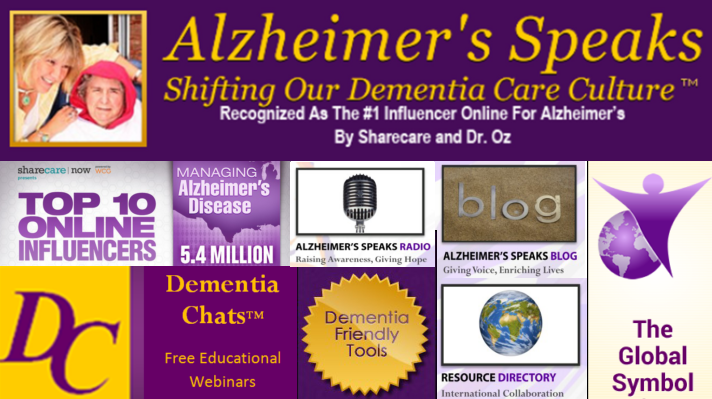Why We Need to Master Stress
Why We Need to Master Stress
Money and the economy continue to top the list of stressors for all Americans. Finances now overshadow the more usual daily stressors of work and relationships, with others worrying about providing for their family’s basic needs.
My own research clarifies that, when you feel you have less control over your stress, it definitely causes you more concern. It raises your internal mind, body, and emotional threat level.
Women Worse Off
Unfortunately, as I mentioned above, the brunt of this economic stress is falling upon women more than men. Compared with men, more women say they are stressed about money, the economy, job stability, housing costs, and health problems affecting their families.
Ladies of the boomer-generation (ages 44-65) and older (aged 66+) are most likely to report the economy as a significant stressor, while women in general rank financial worries above personal health. Female Boomers report increases in stress associated with their job stability and health problems affecting their families.
Beyond that, Generation Xers (ages 30-43) and Millennials (ages 18-29) are not immune from financial worries, either. Generation Xers are the women most concerned about money and Millennials are most concerned about housing costs as a source of stress.
Our economic stress is causing more than half of Americans to report irritability, anger, fatigue, headaches, and sleeplessness. What’s worse, these stress sufferers say they self-medicate by over-eating unhealthy foods, over drinking, and generally straying from healthy habits.
In addition to the above mentioned symptoms, the rise in stress-related issues can:
• Weaken your immune system
• Raise your blood pressure
• Increase your appetite
• Disturb your sleep
• Lead to depression
• Cause memory loss
So What Can You Do?
As research tells us, stress-mastering techniques can help us a great deal. When you are able to activate the proven anti-stress spot in your brain, many wonderful salubrious events occur. Your blood pressure goes down, your pulse decreases, your unhealthy stress chemicals plummet, and, perhaps most importantly, the amount of oxygen your body needs goes down. This puts you into a true anti-aging zone, because, when you use less oxygen, you create less free radicals, which are a hall-mark of the aging process.
We at the ARPF have been doing research on meditation and the prevention and reversal of memory loss. It has revealed that the first area that decreases in function in Alzheimer’s disease, an area called the posterior cingulate gyrus, actually is activated during our innovative 12-minute meditation called Kirtan Kriya (KK). KK is a singing meditation technique that is being used in many of ARPF numerous research projects. This research has been published in many leading medical journals in the past few years, including the prestigious Journal of Alzheimer’s Disease. This is truly the Mind Body medical treatment for memory loss and Alzheimer’s disease™.
In our studies we have seen that KK actually reversed the symptoms of memory loss in subjects suffering from it and improved their energy, mood, and level of well-being; all in only 12 minutes a day. Moreover, KK is easy to learn, requires no involved training, or change of life style. We have found that it is very helpful when practiced for only twelve minutes a day, especially in the morning.
So go ahead, take advantage of this opportunity to prevent Alzheimer’s and start improving your brain function right away. It’s easy, fast, and fun. You’ll love the way you feel.
For more information on this singing exercise, go to http://www.alzheimersprevention.org/research/12-minute-memory-exercise.
 Dharma Singh Khalsa, M.D.
Dharma Singh Khalsa, M.D.
President and Medical Director
Alzheimer’s Research and Prevention Foundation


